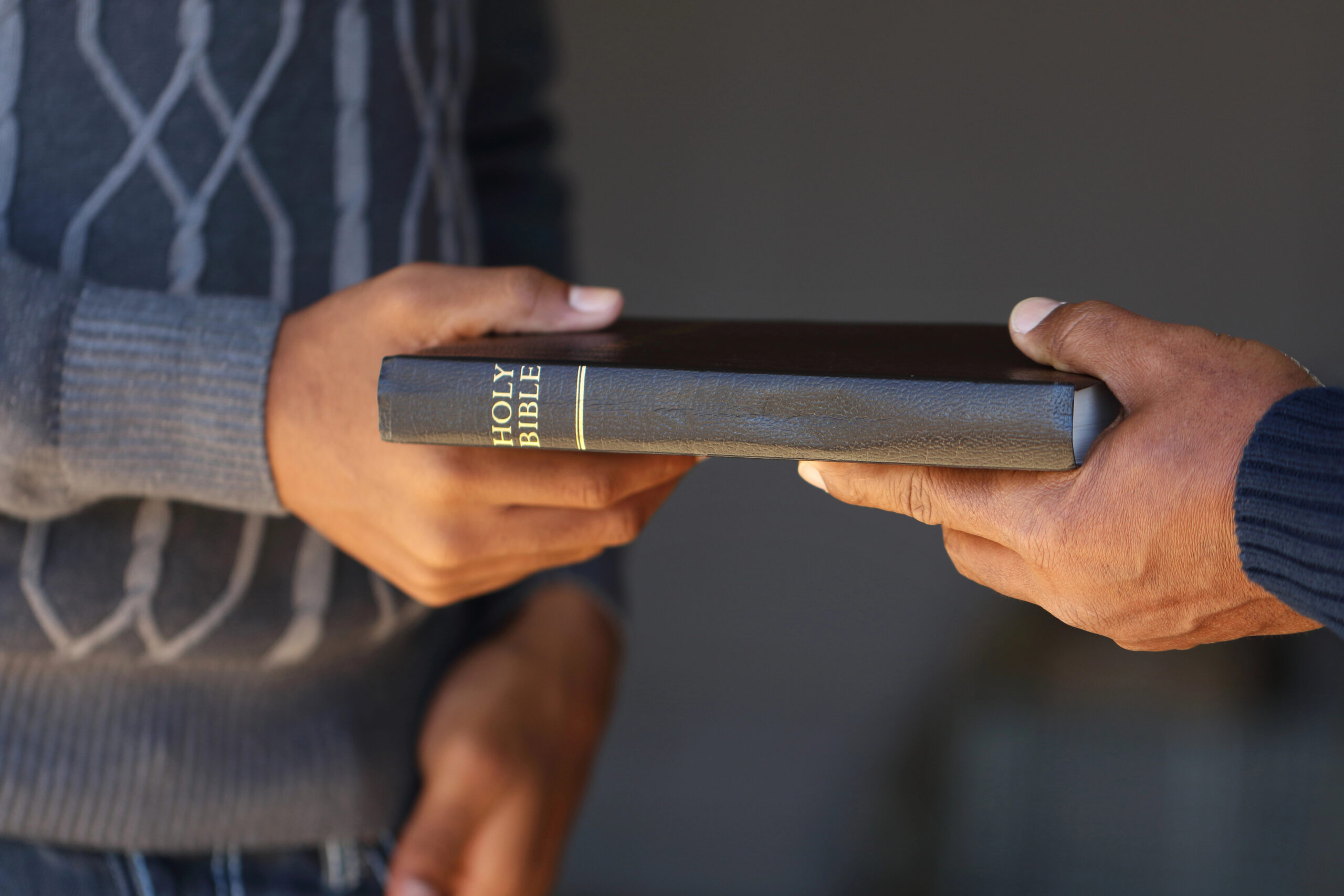
Though some people don’t think much about it, hiring and firing employees is one of the most legally dangerous tasks in which a church routinely engages. CLA has seen more lawsuits filed against churches over employment law than almost any other legal area, and it can sometimes seem that churches are between a rock and a hard place. They can be sued for not asking enough questions, and they can be sued for asking the wrong questions during an employee interview. Since our nation is built on federalism, the laws regarding the hiring process vary widely from state to state. Because of these state-to-state differences, CLA cannot offer a comprehensive written guide that applies nationwide and also covers every foreseeable issue that a church ministry might face.
To point you in the right direction, we have included below a very brief “Dos and Don’ts” list for interviewing potential employees and bringing on volunteers. This checklist should by no means be considered everything you must know before interviewing potential employees. You must be aware of the employment laws in your particular state. CLA is happy to help you navigate this complex legal field.
When you start the interview process, keep these important cautions in mind.
DO be up front about your faith. It’s obviously important to know if the person is qualified for their job—and at a ministry, faith is a key part of the job. Religious non-profit organizations have a specific exemption from discrimination in employment claims made on the basis of religion. This means you are allowed to base relevant hiring decisions on religious preference without violating the law.
DON’T forget to check references. This is a big one. We have actually seen a church lose a lawsuit over failing to check prior job references for a pastoral candidate. Ask for references, and actually follow-up with substantive questions for the people listed on those references. Obtaining personal references is not enough; you also need to request corporate references.
DO check your state laws regarding background checks. Background checks are vital for any employee or volunteer who will work with children in any capacity, and we recommend them even for volunteers that don’t work with children. That said, when it comes to employees, some states have strict “Ban the Box” laws that prohibit asking about irrelevant criminal convictions in most job interviews. Call our office before you interview a potential employee to be sure you know your state’s stance on this critical issue.
DON’T ask unnecessary personal questions. Remember, there are different laws in different states, but when you begin the interview process, you should know that certain topics are considered illegal to discuss. A good rule of thumb is to avoid asking any sort of non-job-related questions about a potential employee.
DO call the Christian Law Association first each time you are preparing to interview candidates. Laws change all the time, and we are here to help you be as prepared as possible. Call our attorneys to find out what you should ask for the particular role you are trying to fill, what you shouldn’t ask in your state, and how to make sure you are in compliance with all new employee laws if the interview goes well.









